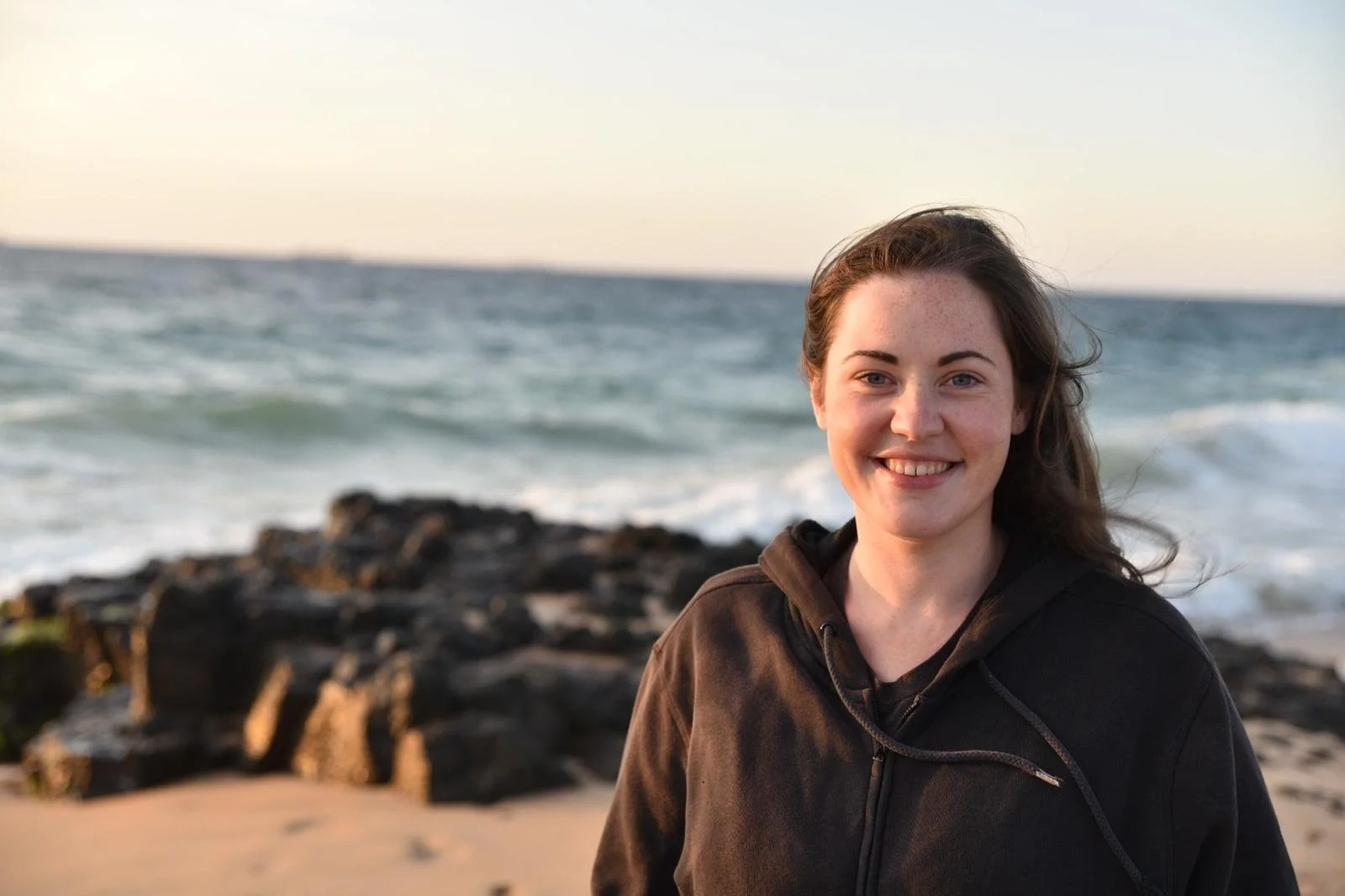Bring Back PHaMs advocacy campaign
Hayley was fortunate to be a consumer of the Personal Helpers and Mentors (PHaMs) program for several years beginning in 2009.
Hayley firmly believes that without PHaMs, she would not have been able to leave her house, rebuild her relationships with her family, find employment in the mental health field, or even be alive today.
Despite operating successfully for over 10 years PHaMs was de-funded in 2019 due to the National Disability Insurance Scheme (NDIS) taking priority. The funding reduction process began in 2015, ultimately resulting in the complete revocation of funding for the program by 2019. As a result, the PHaMs program is no longer operational.
Inspired by her own experiences with PHaMs and disheartened seeing the experiences of some of her peers, Hayley founded the Bring Back PHaMs advocacy campaign in hopes that other people might have the same access she did.
Sign the petition to Bring Back PHaMs!
About PHaMs
The PHaMs program provided services to support individuals in managing their daily activities and accessing necessary services such as accommodation, social support, healthcare, welfare, and employment. It focused on building personal capacity, promoting self-reliance, and increasing community participation. PHaMs specifically catered to people with severe mental illness who faced difficulties living independently due to the impact of their mental health issues.
The program took a holistic approach, considering not only mental health issues but also additional physical, emotional and social well-being factors that influenced mental health recovery. Recovery was viewed as a personal journey driven by participants' goals, helping them cope and overcome challenges along the way.
Participants in PHaMs were assigned a personal helper and mentor who supported them in reaching their recovery goals. The program ensured that any additional services needed were coordinated, integrated, and complementary to the individual's needs. PHaMs workers also worked alongside participants to develop Individual Recovery Plans focused on their goals and recovery journey. PHaMs aimed to engage and support the involvement of family, carers, and other relationships, while progress against the Individual Recovery Plans was monitored and reported.
Participation in the program had no time limit, and a formal diagnosis was not required. Referrals to the program could come from any source, including self-referral. Feedback from participants indicated a high level of satisfaction. Many clients appreciated the improved access to supports and services, including networks of peers (people living with mental health issues) and information and referral services. The responsiveness of PHaMs services was also highly praised, with clients highlighting how quickly and easily they could access the help they needed. The quality of services provided by helpers and mentors was often commended, with clients expressing gratitude for the positive impact on their lives and the assistance in achieving their goals, particularly in areas such as self-confidence and capacity building.
PHaMs was initially launched in July 2006 and operated successfully for over 10 years with funding from the Australian Government. However, due to the National Disability Insurance Scheme (NDIS) taking priority, the government made the decision to withdraw funding for PHaMs. The funding reduction process began in 2015, ultimately resulting in the complete revocation of funding for the program by 2019. As a result, the PHaMs program is no longer operational.


